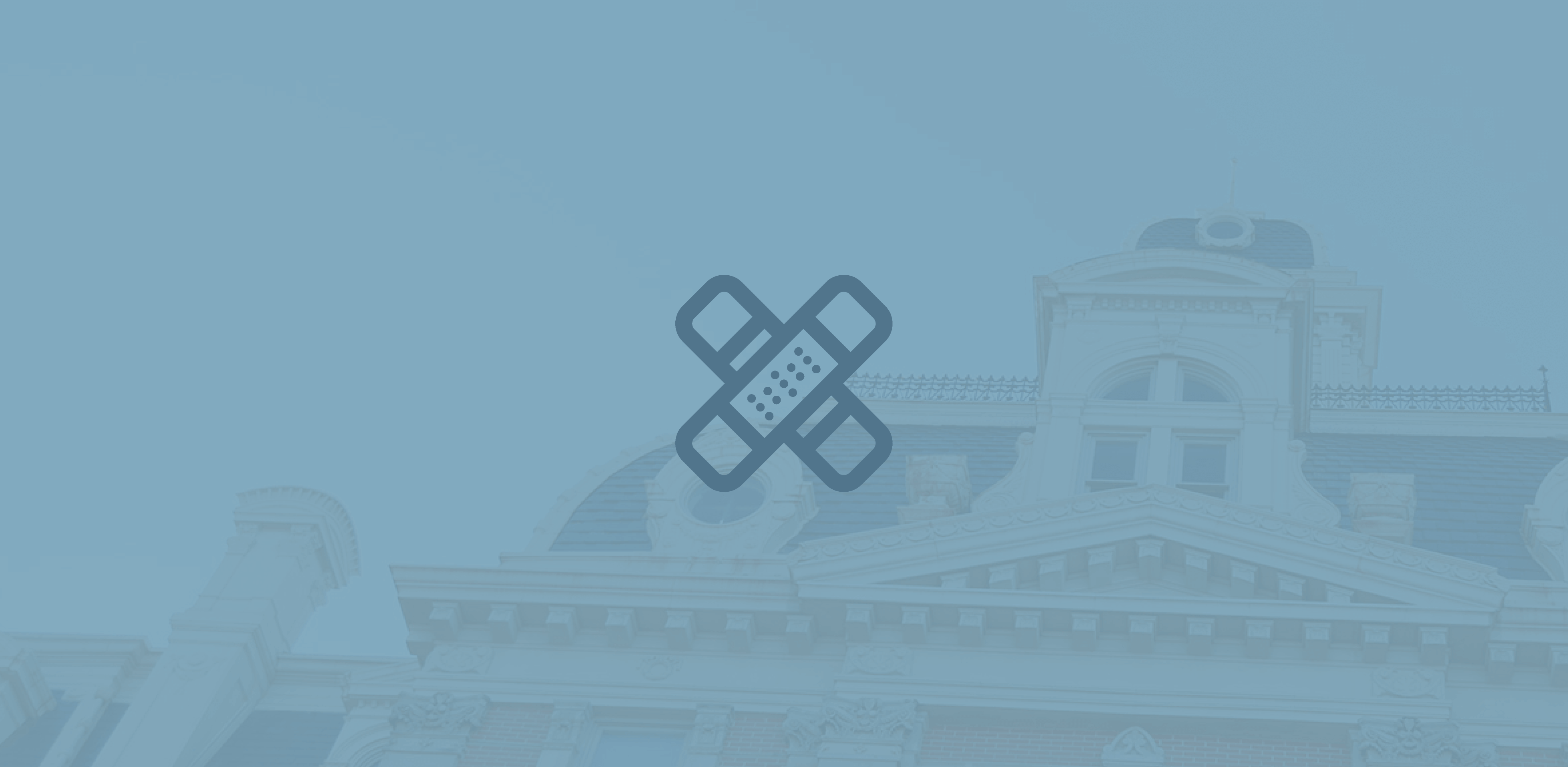Social Media + Personal Injury: Why To Stay Offline
POST DATE: 8.13.19

These days, it's almost second nature to hop online anytime one of life's major events happens -- for better or worse. Though we are all quick to document the ins and outs of our day-to-day, there are situations where you should stop and think before clicking submit. This certainly includes car accidents or instances of personal injury. Before you grab your phone and post about your fender bender, here are a few things to consider:
- Any videos, photos and/or comments on your social media sites can negatively influence outcomes during settlement negotiations and/or trial. Social media evidence will usually come up during the discovery stage of a lawsuit. This is the period after the defense files a response to your lawsuit, but before trial starts.
- Insurance companies and adjusters can (and will likely) find posts, which can influence the money you may rightly deserve for your injuries.
3 Things Not to Post
Here are three things to avoid posting during any phase of a personal injury situation:
- Don't Vent: negative posts about the other party or insurance company does nothing to help your case and can actually negatively impact your outcome.
- Images of the accident: it can be tempting to post images of the accident, your injury or the crash site, but this should be avoided. Don't! This is especially important if you or a passenger has experienced significant or catastrophic injury.
- Accident/health updates: as optimistic as you may feel once you start feeling better after an injury, posting health updates on social media should be avoided. It is best to leave medical recommendations and determinations up to your physician or other medical professionals.
Documenting Your Personal Injury
In place of these, here are better ways to utilize your phone during and after an injury accident:
- After any on-scene medical care, search online for any doctors, therapists, chiropractors or other specialists, as needed.
- We do recommend heavily-documenting an accident. Take pictures and video of the vehicles and any and all passengers involved in your vehicle. If possible, document the date/time of accident by capturing that information on someone's phone on-scene.
- In the days and weeks post-accident, note your progress and treatment. This includes things like your emotional reaction to your injury accident, the impact injury has had on your daily life, etc.
Staying offline after a personal injury accident can help prevent you from admitting guilt or liability, going against your own testimony and preventing yourself and those close to you from making damaging or threatening comments that can damage your position.
If you or a loved one has been injured in an accident because of someone else’s negligence, it is important that you have a qualified personal injury lawyer representing you from the outset. Contact CCHA and we will carefully review your case to ensure you receive the personal attention and dedication you deserve.

